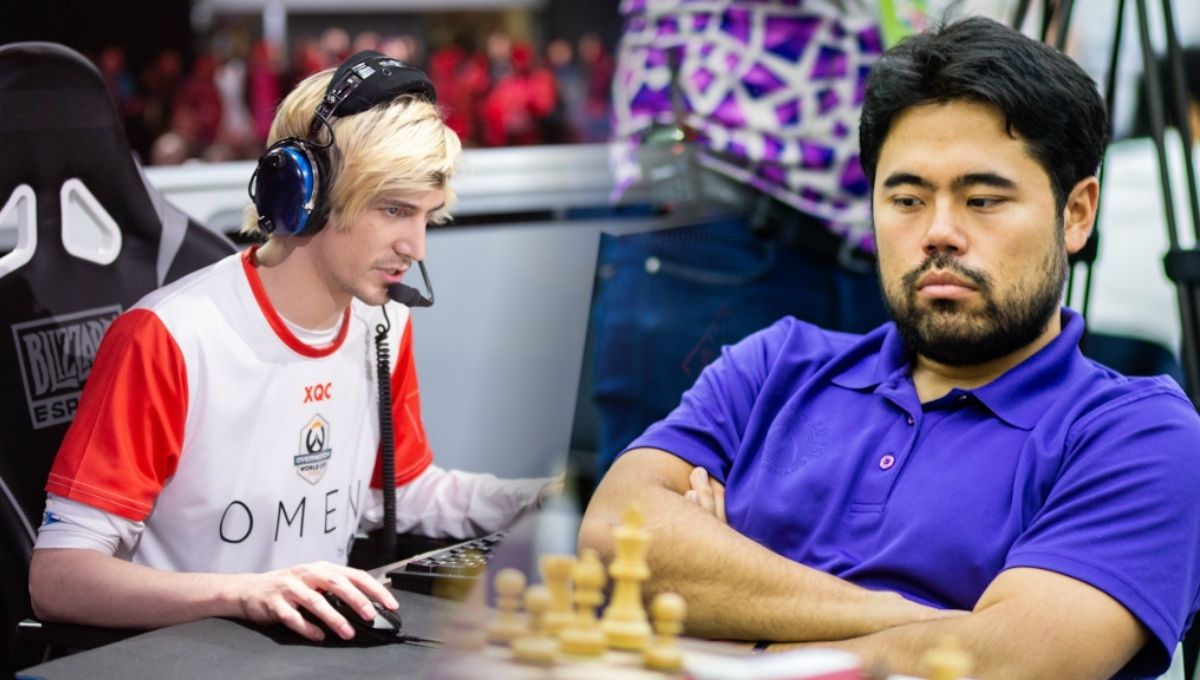Chess elitism refers to the fact that some experienced chess players are not quite receptive to new/inexperienced players. According to them, chess is a noble sport, and those who are not skilled at it don’t deserve to play, teach, or stream chess, both online and offline.
GM Hikaru Nakamura is not a fan of elitism in chess, but he admits he finds himself guilty of that at times.
However, he assures that his intentions were never to be condescending.
He stopped doing it when he realized others might perceive it as looking down on them.
Nevertheless, he believes it’s natural for players with similar rating ranges to spend time with each other, and this trend is not limited to top-level chess; even 2100 rated club players do that.
In the two videos below, Hikaru is seen reacting to chess elitism and appreciating the stand people are taking against it.
He thinks chess will only become more popular if people from other domains start broadcasting or streaming it, as that’s where the actual exposure to chess lies.
Hikaru reacting to Agadmator’s views on chess elitism starting at 5:33 in the video below:
Examples of Gatekeeping and Elitism in Chess
There certainly is a degree of gatekeeping and elitism in the world of chess, as in many other competitive or intellectual pursuits. Here’s a closer look at how these elements manifest in the chess community:
- Access to Resources: Chess, like many other sports or intellectual activities, can require resources such as access to high-quality coaches, training materials, and participation in tournaments. Not everyone has equal access to these resources, which can create a divide between those who can afford such opportunities and those who cannot.
- Elitism in Tournaments: Chess tournaments can sometimes be exclusive, with certain events catering mainly to highly-rated players or titled players (like grandmasters or international masters). This can make it difficult for aspiring players to participate in major events and reach the upper echelons of the chess world.
- Cultural and Gender Barriers: Chess has historically been male-dominated and, in some regions, culturally exclusive. These barriers can discourage individuals from diverse backgrounds or genders from participating in the chess community.
- Rating-based Elitism: Chess ratings, such as the ELO system, can unintentionally create an elitist atmosphere. Players with lower ratings may sometimes be excluded from higher-rated tournaments, limiting their opportunities for growth.
- Exclusivity in Chess Clubs: Some chess clubs and organizations can have an unwelcoming or elitist atmosphere, making it difficult for newcomers or casual players to feel included. This can deter potential enthusiasts from engaging with the game.
- Cliquishness: In some chess circles, there can be cliques or exclusive groups that form, making it challenging for newcomers to establish themselves or gain recognition.
- Lack of Diversity: The lack of interest from girls and women is also due to elitism. The chess community is less inclusive when it doesn’t reflect the broader diversity of society.

